

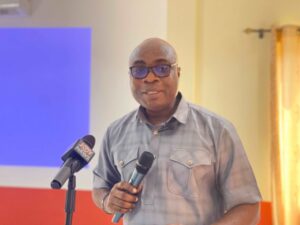
The University of Education, Winneba (UEW) has launched the Integrated Land and Water Management of the Greater Amanzule Wetland System (ILWGAWS) Project to conserve biodiversity in the Nzema enclave of the Western Region.
The ILWGAWS Project is a collaborative effort between Hen Mpoano, a non-governmental organisation focused on coastal and marine ecosystem, and the Council for Scientific and Industrial Research (CSIR)–Water Research Institute (WRI), with UEW as the lead partner.
It is aimed at assessing changes in the hydrological systems of the Greater Amanzule Wetland and its effects on ecosystem services and livelihoods and develop strategies to implement climate-smart alternative livelihoods for communities along that area.
The project is being supported by Global Centre on Biodiversity and Climate (GCBC), DAI, an international development organisation, and the United Kingdom (UK) Department for Environmental and Rural Affairs (DEFRA).
Professor Stephen Jobson Mitchual, the Vice Chancellor of UEW, speaking at the launch of the project, at Beyin in the Jomoro Municipality, said the ILWGAWS Project embodied his institution’s commitment to ensuring environmental stewardship and sustainable development.
He said: “The University of Education, Winneba, alongside our esteemed partners, Hen Mpoano and CSIR-WRI, is embarking on a transformative journey to revolutionise the management of one of Ghana’s most precious ecological treasures.”
According to him, the Greater Amanzule Wetland complex was not merely a geographical feature, but an ecosystem that perfectly illustrated the delicate balance between human development and environmental preservation.
Prof Mitchual stated that the ILWGAWS Project would serve as blueprint for conservation initiatives across Ghana and West Africa, saying “This project promises sustainable livelihoods while, preserving cultural heritage and wetlands connections.”
The UEW Vice Chancellor expressed gratitude to the funders of the project, and said their trust and financial support in this critical initiative would help build a safe environment for all.
Dr Adam Osman, ILWGAWS Project Lead, the Greater Amanzule Wetland was a significant and extensive bio-hotspot, however, it had come under immense stress from natural and anthropogenic factors.
The project would be anchored on five key objectives to achieve a long-term goal of informed, effective and inclusive climate-resilient interventions and investments for improved livelihoods and poverty reduction through conservation and sustainable use of biodiversity, he noted.
Mr Kofi Agbogah, Director of Hen Mpoano, said they recognised the need to integrate scientific research and community participation into biodiversity conservation to ensure long-term sustainability for coastal ecosystem.
He stated that ILWGAWS Project marked a significant milestone in protecting the wetland resources in Greater Amanzule for the greater good of communities along that enclave.
“We cherish the partnership with the University of Education, Winneba and other institutions who are playing critical roles in advancing and conserving our natural resources,” he added.
Some participants at the launch took turns to laud the collaboration between those from the academia, non-governmental organisations, state agencies and other relevant stakeholders on the efforts to conserve biodiversity in the Nzema enclave.
Source: GNA
The post UEW, partners launch project to conserve Greater Amanzule Wetland complex appeared first on Ghana Business News.
Read Full Story

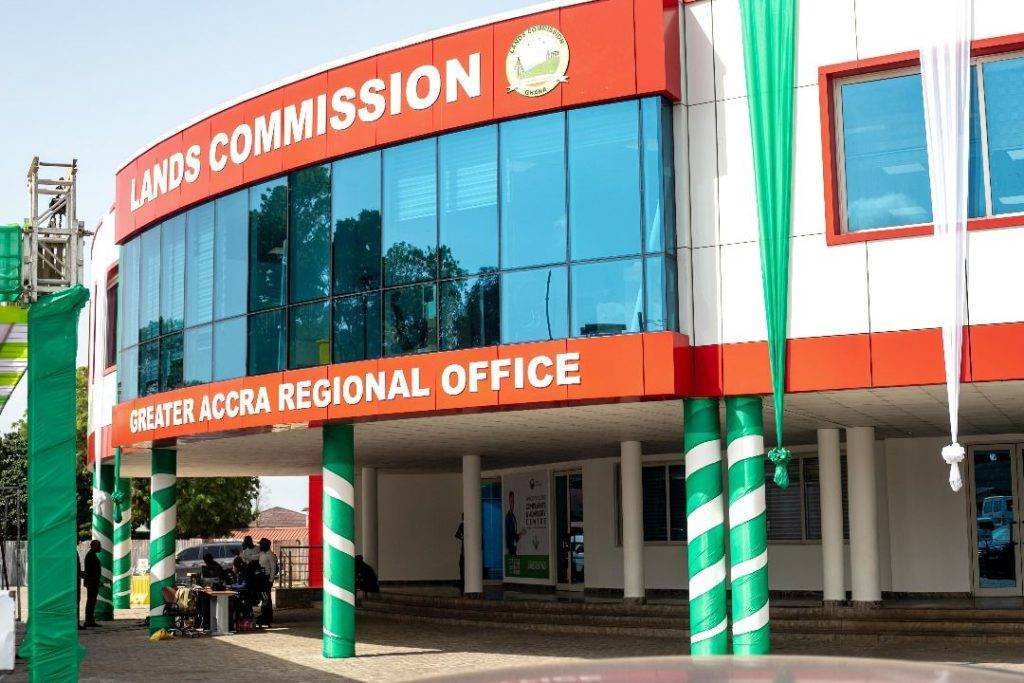
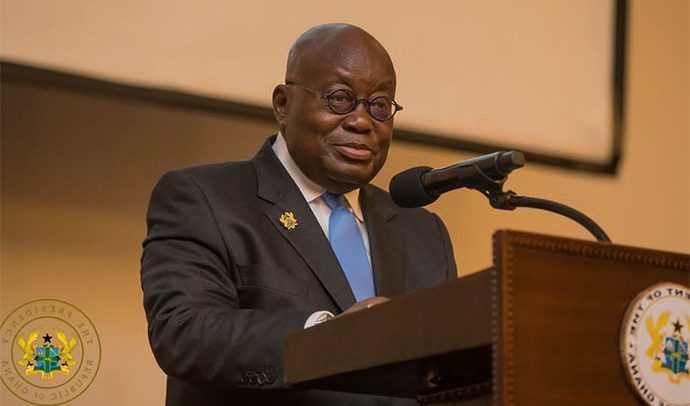

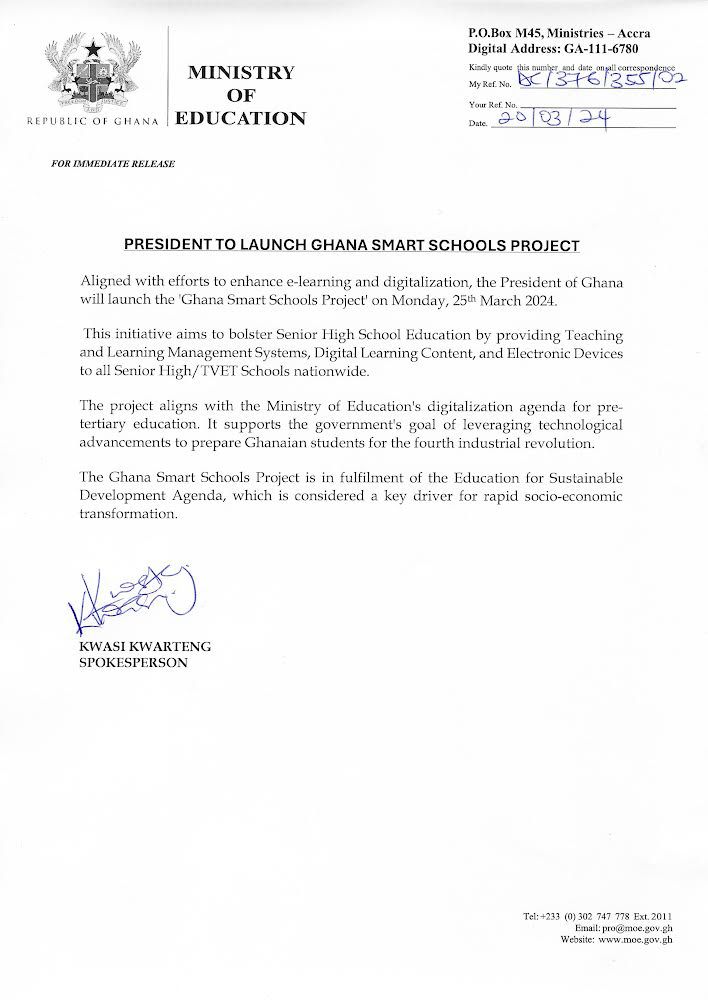
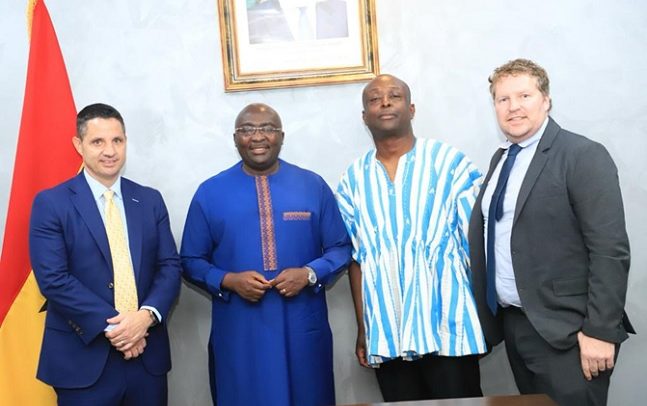






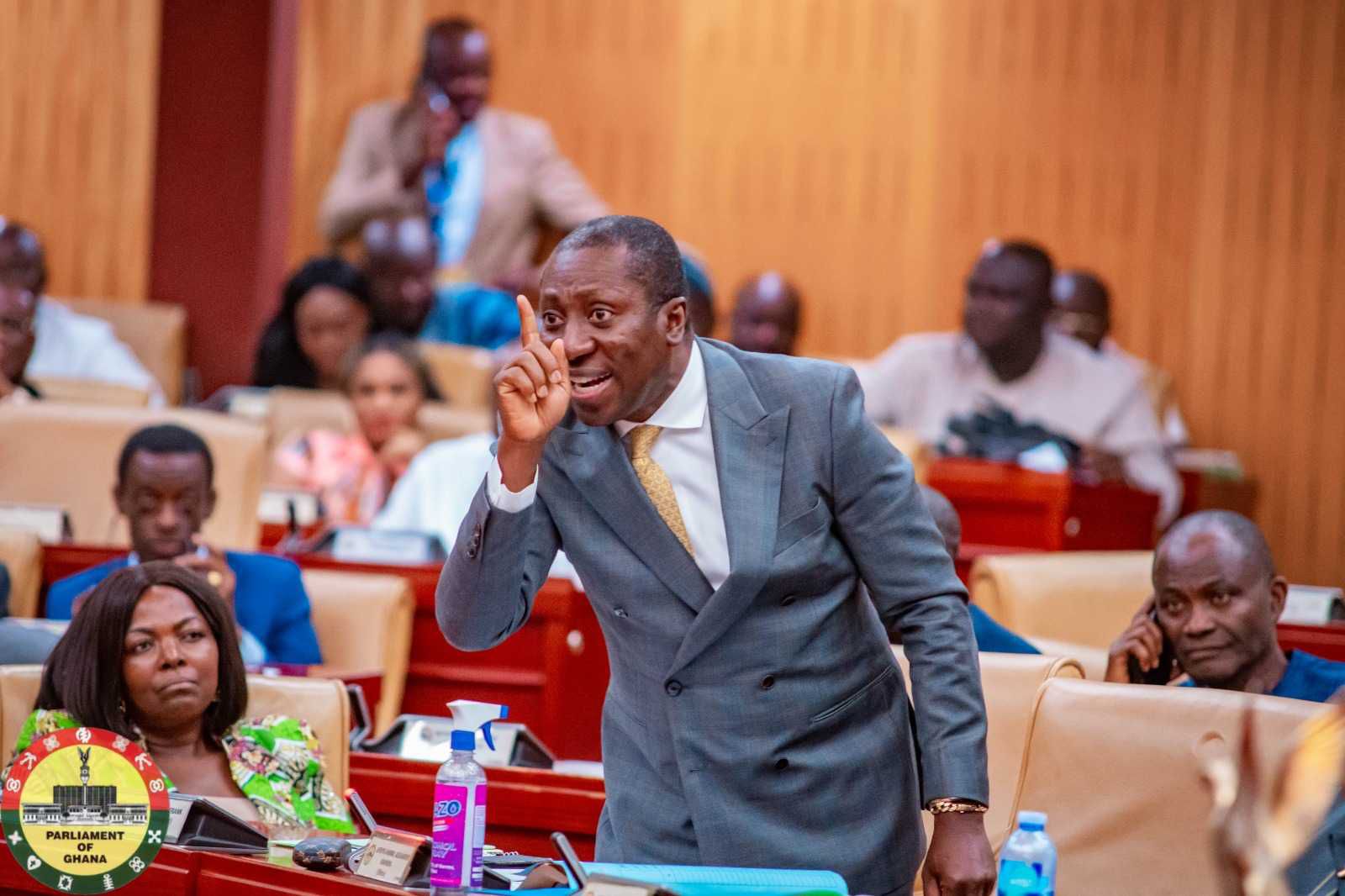

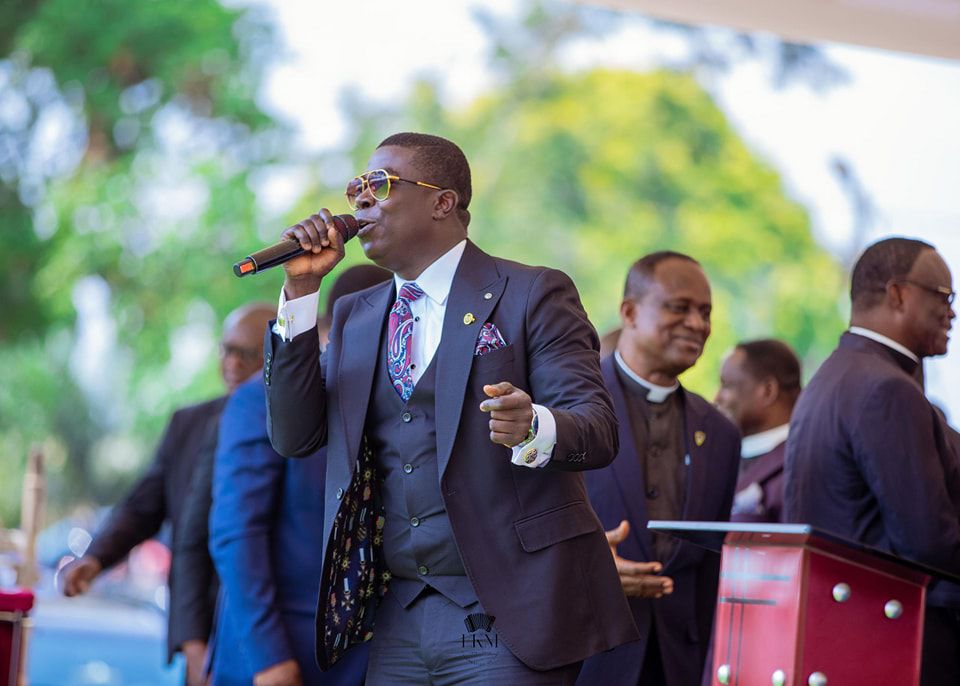

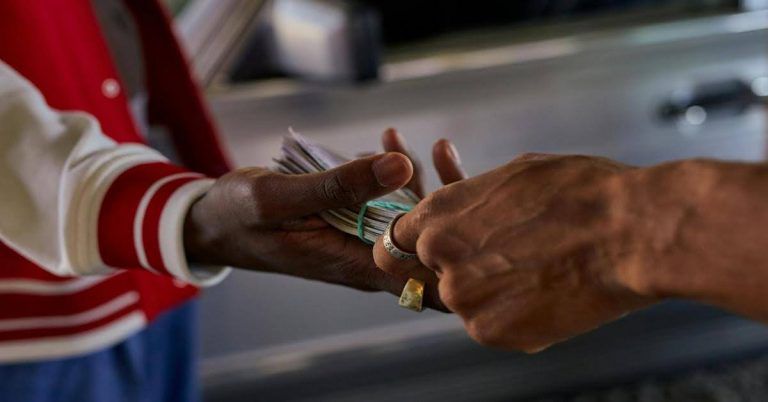
Facebook
Twitter
Pinterest
Instagram
Google+
YouTube
LinkedIn
RSS